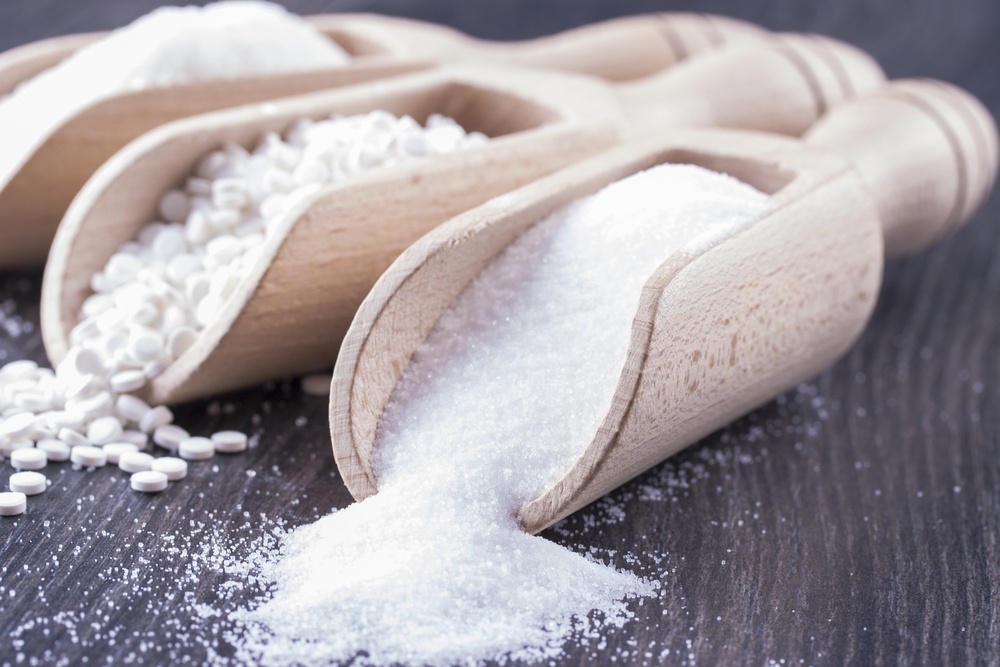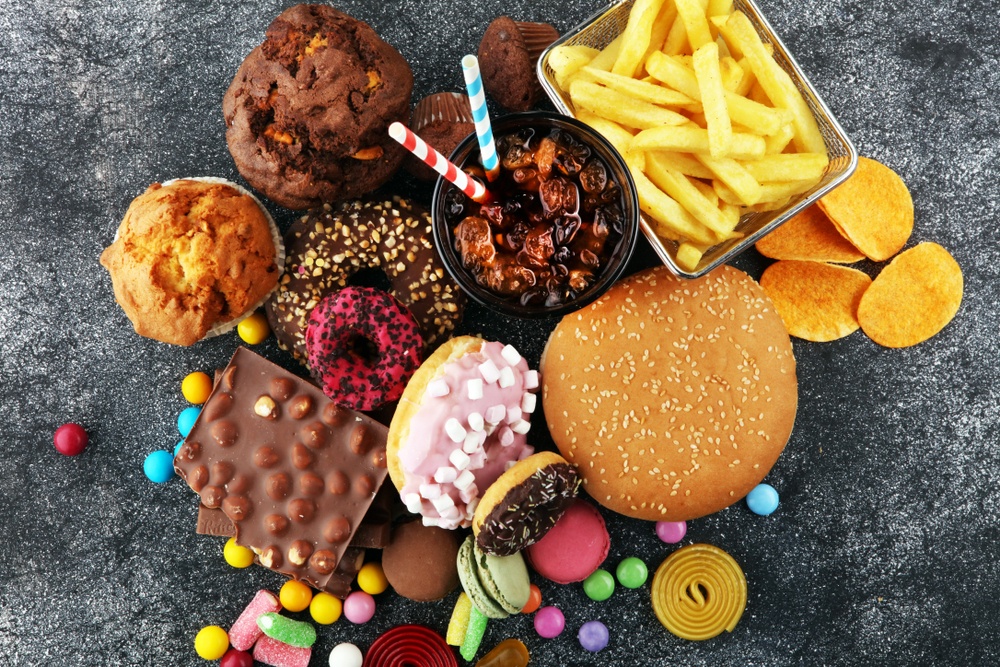Proper nutrition will lead to a clear head with a sense of purpose and poor nutrition will lead to a foggy head with a sense of desperation. Healthy eating also slows the rate of aging-related cognitive decline and reduces the risk of developing dementia.
Brain health is an essential part of living a healthy long life. Our body is controlled by our brain, so what is we eat has an effect on how we react in our day to day life. Proper nutrition will not only prevent cognitive decline but also enhance the quality of thinking.
There are foods that are unhealthy for your brain. Too much of indulgence in such foods will make you experience confusion, low mood, and slowed reaction times. In a vicious cycle, a depressed brain has poor ability to make the right decisions in order to improve.
If you have been eating more of unhealthy foods then it is time to start scaling back. However, dietary overhaul all at once will only make things worse, and even though you know it’s the right choice, you will struggle to maintain it. Instead, take out one food that a time from your diet, making a gradual shift will protect the health of your brain without confusing it.
Here are the seven food to avoid for brain’s health
 1. Trans fats –
1. Trans fats –
The good news is that not all fats are bad for you. However, a particular kind of fat called trans fats does have a detrimental effect on the brain. Trans fats are found naturally in animal products including meat and dairy, but even these are not as problematic as the industrially produced trans fats that get pumped into all sorts of packaged foods.
Otherwise known as hydrogenated oil, people who eat a lot of trans fat in the form of margarine, store-bought baked goods, chips and crackers, frozen and canned meals, and creamy beverages are at a greater risk for Alzheimer’s and dementia. Studies have shown that high consumption of trans fats also leads to earlier cognitive decline, lower brain volume, and poorer memory.
 2. Sugary Drinks –
2. Sugary Drinks –
Sugary drinks like soda, sports drinks, energy drinks, and even fruit juice have little to no nutritional value. Regular consumption of sugary drinks can lead to a whole host of physical impairments, including type 2 diabetes, high blood pressure, high cholesterol, and Alzheimer’s disease or dementia.
A high intake of fructose, a mega-concentrated sweetener that is found in many sugary drinks, has been shown to reduce learning ability, memory, overall brain function, and the formation of new neurons in the brain. It may also lead to increased inflammation in the brain, which negatively affects all types of brain function.
 3. Refined Carbs –
3. Refined Carbs –
Refined carbohydrates are products made with processed grains. They may not necessarily taste sweet, but they break down into sugar in your body very quickly. That’s because the refining process strips all of the fibre and nutrition out of the original grain. A meal rich in refined carbs represents a high glycaemic load that spikes your blood sugar.
That causes memory impairment, inflammation, and a higher risk of developing dementia. Studies have shown that seniors who take in more than 58% of their daily calories in refined carbs have twice the risk of mental impairment and dementia than those who eat more whole grains, fruits, and vegetables.
 4. Processed and Packaged Foods –
4. Processed and Packaged Foods –
Processed and packaged foods remove important nutrition from whole food and replace it with sugar, fat, and salt., Eating habits which relies more on convenience and fast foods over slow-cooked homemade meals.
However, it is important to cook with whole nutritious foods as often as you can swing it. High consumption of processed and packaged foods, in turn, is associated with damage to the brain tissue and a reduction in the brain’s volume. It may also cause disruptions to the blood-brain barrier, the membrane that is responsible for protecting the brain from harmful substances.
 5. Alcohol –
5. Alcohol –
Alcohol can harm the brain, considering how much you consume and how often. Getting tipsy every once in a while, probably won’t cause permanent damage, but alcoholism and bouts of binge drinking will cause a permanent damage.
Chronic consumption of alcohol tends to shrink the brain and disrupt the neurotransmitters that your brain uses to communicate. Alcoholics also often experience a vitamin B1 deficiency, which can lead to the development of Korsakoff’s syndrome. The syndrome is responsible for severe brain damage that causes memory loss, confusion, unsteadiness, and intermittent loss of eyesight.
 6. Fish High in Mercury –
6. Fish High in Mercury –
Fish in general is a healthy addition to your diet. It is low in saturated fat yet contains healthy omega-3 fatty acids as well as vitamin B12, zinc, iron, and magnesium. However, some fish is especially high in mercury, which is a heavy metal contaminant and neurological poison. Mercury stays stored in animal tissue (including human) for a long time.
Fish that are longer lived and predatory tend to have the highest concentration of mercury in their flesh. That’s because as long as they live, they are consuming other fish that contain lower levels of mercury. Over a lifetime, these fish can accumulate higher mercury levels in the water they swim in. It is best to avoid or seriously limit your consumption of tuna, swordfish, orange roughy, king mackerel, shark, and tile fish to prevent disruption of your brain’s neurotransmitters.
 7. Aspartame (Artificial sweetener) –
7. Aspartame (Artificial sweetener) –
While producers of this sugar substitute swear that it is safe, several studies have linked aspartame to behavioural and cognitive problems. As a chemical stressor, it can cause deleterious effects on the ability to learn and regulate emotions.
In one study, just 8 days of a high-aspartame diet cause participants to score lower on mental tests and feel more irritable and depressed to boot. Another study revealed that people who drink a lot of diet soft drinks, which replace the sugar with artificial sweetener, have an increased risk of dementia or stroke. For now, the FDA says aspartame is safe, but also mandates warning labels on products that contain it.








